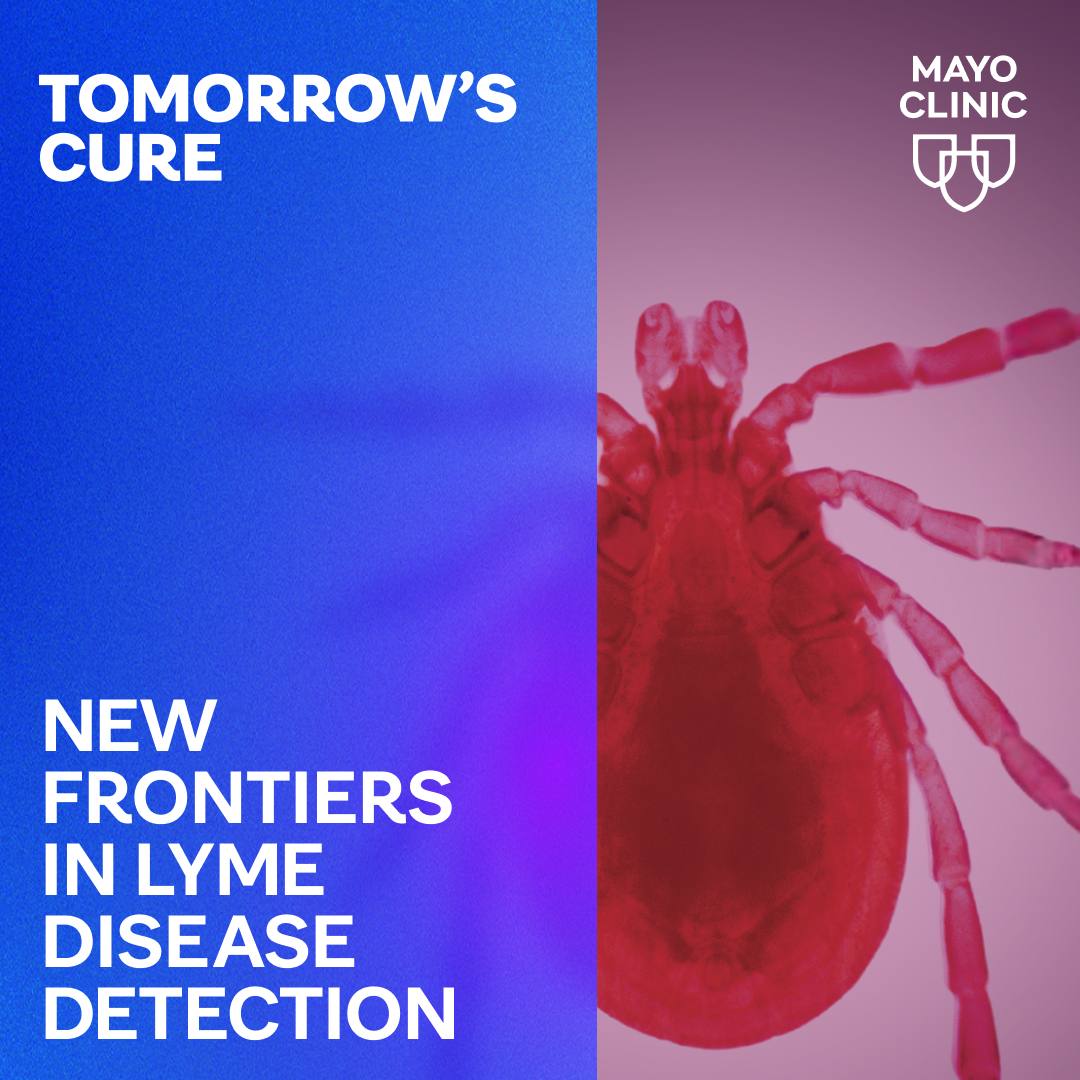
Cryptosporidium infections are caused by microscopic parasites that are spread through drinking water or recreational water, such as swimming pools and hot tubs. These infections can cause intestinal distress, including diarrhea.
Cryptosporidium parasites, which live in the intestines of humans or animals, are shed in stool. Cryptosporidium infection is highly contagious, but there are ways protect yourself and your family from becoming ill.
"Avoiding activities where you might accidentally swallow some of the water in the swimming pool would be one of the best ways to prevent getting infected," says Dr. Nipunie Rajapakse, a Mayo Clinic pediatric infectious diseases specialist. "The important thing also to know about how this infection is transmitted or spread from person to person is that you can actually pass the Cryptosporidium parasite in your stool — even once your diarrhea has gone away. We have detected it in stool up to two weeks after diarrhea has gotten better."
Watch: Dr. Nipunie Rajapakse shares tips on preventing Cryptosporidium infections.
Journalists: Broadcast-quality sound bites with Dr. Rajapakse are in the downloads.
Review these tips to keep your pool safe from Cryptosporidium:
- Don’t swim or let your kids swim if sick with diarrhea. If diarrhea is caused by Cryptosporidium, wait until two weeks after diarrhea has stopped to go swimming.
- Don’t swallow the water you're swimming in.
- Rinse off in the shower before and after getting in the water to remove germs on your body that could contaminate the water.
- Take kids on bathroom breaks often, and check diapers in a diaper-changing area ─ not next to the pool.
- Wash your hands well after using the bathroom and changing diapers.
Cryptosporidium and chlorine
Cryptosporidium parasites are one of the more common causes of infectious diarrhea in human because they are not easily killed by chlorine and can survive up to 10 days in properly treated water.
"The troublesome thing about the Cryptosporidium parasite is that it is surrounded with a protective capsule," says Dr. Rajapakse. "This makes it pretty resistant to the usual levels of chlorination that we use in swimming pools. There are special procedures that pools have to do called hyperchlorination if they are found to have this infection spreading through their pool.”
Symptoms of Cryptosporidium infection include:
- Watery diarrhea
- Dehydration
- Lack of appetite
- Weight loss
- Stomach cramps or pain
- Fever
- Nausea
In most healthy people, the symptoms will resolve without treatment within a couple of weeks. The most important thing is to drink plenty of fluids and stay well-hydrated. However, the infection can be more severe and prolonged in people with weakened immune systems. These individuals should discuss their symptoms with their health care provider to determine if tests or treatment is required.







